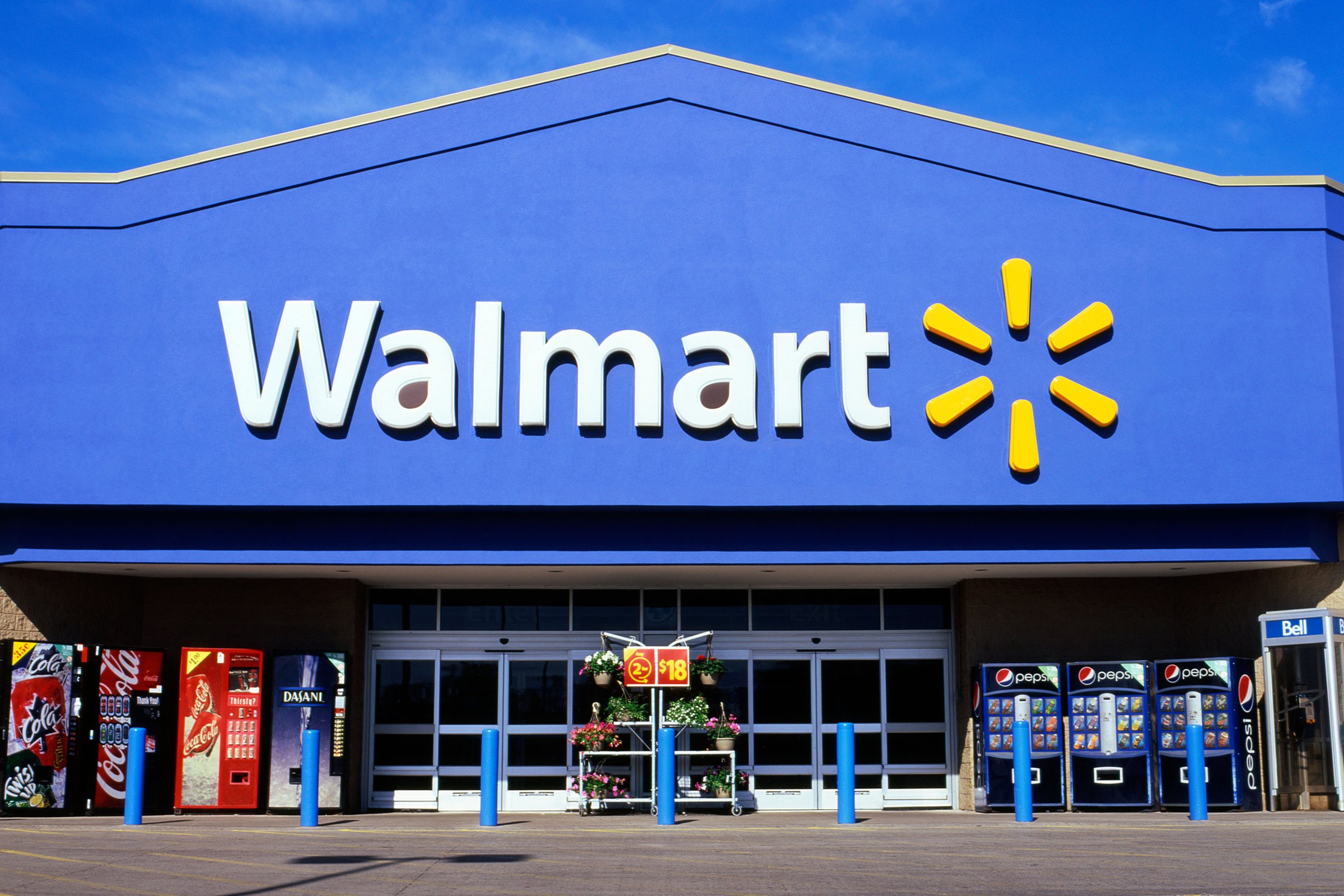
No state is more “real America” than Texas. No retailer is more “real America” than Wal-Mart. And no political opinion is more “real America” than “regulation bad.”
So it might come as something of a shock to learn that Wal-Mart stores in Texas are forbidden by law from selling booze—anything other than beer and wine. Wal-Mart is paying trial lawyers to sue the Texas Alcoholic Beverage Commission in the U.S. District Court in Austin, challenging the law that forbids all publicly held corporations, hotels excepted, from selling hooch. The law violates the U.S. Constitution, Wal-Mart argues.
“One class of retailers—public corporations—[is] denied an opportunity to compete in the distilled spirits market, while another class of retailers—private corporations and publicly traded hotel corporations—are allowed to compete without similar restriction,” Wal-Mart argues in the lawsuit. “No other state in the nation allows private corporations to engage in the retail sale of spirits but prohibits some but not all publicly traded companies from doing so.”
And indeed, the distinction does seem odd—”irrational,” as Wal-Mart puts it. But as it turns out, it’s just another instance of one business interest versus another. In the lawsuit, Wal-Mart singles out the Texas Package Stores Association as the lobbying group that has fought hard to keep the law in place. It represents about half of the state’s approximately 2,500 liquor stores.
No retailer in Texas is allowed more than five package-store permits, so any chain that’s any bigger is barred from selling any booze other than beer and wine from its sixth store on up. Except that there’s a loophole. Wal-Mart notes in the lawsuit that families are allowed to “pool their package store permits into a single entity and collectively obtain an unlimited number of package store permits.”
A Wal-Mart spokesperson pointed out to the Dallas Morning News what for many people would be the most obvious argument against the law: “This is counter to Texas’ belief in free enterprise and fair competition, limits our customers’ choice[s] and keeps the price of spirits artificially high, all of which harm Texas consumers.”
More Must-Reads from TIME
- Donald Trump Is TIME's 2024 Person of the Year
- Why We Chose Trump as Person of the Year
- Is Intermittent Fasting Good or Bad for You?
- The 100 Must-Read Books of 2024
- The 20 Best Christmas TV Episodes
- Column: If Optimism Feels Ridiculous Now, Try Hope
- The Future of Climate Action Is Trade Policy
- Merle Bombardieri Is Helping People Make the Baby Decision
Contact us at letters@time.com